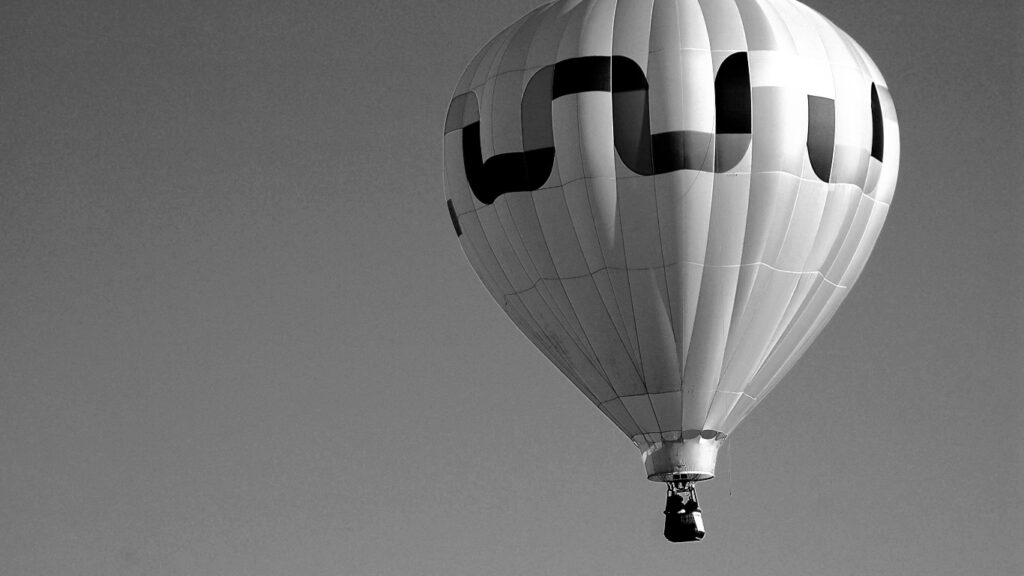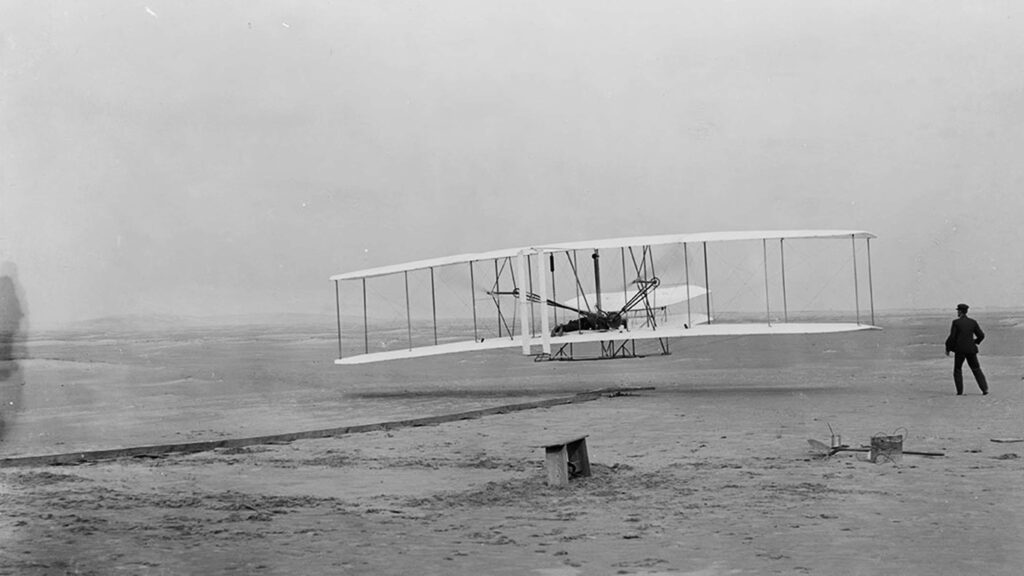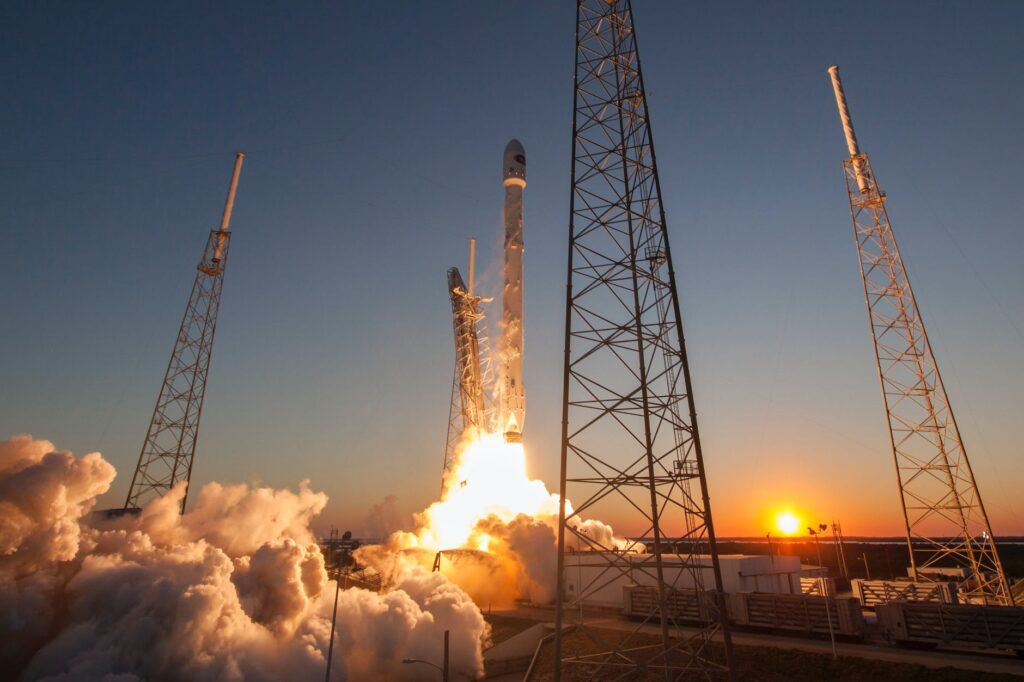The history of aviation refers to the development, ranging from the very beginning of human flight to the present, and linear advancement of this field. With people’s first one-person flights on the one hand and the technology of advanced airspace on the other, the history of aviation has been relatively impressive and has been filled with an equal number of great and bad acts. Let me first introduce the most important historical phenomena that stand behind the aviation field:
Early Attempts at Flight
Ancient Mythology
Many ancient civilizations, such as the ancient Greeks and Chinese, had myths and legends involving flying gods or heroes.
Leonardo da Vinci
In the 15th century, da Vinci made numerous sketches and designs for flying machines, including ornithopters (machines designed to fly on its wings).

Ornithopter by Leonardo Da Vinci.
The Age of Ballooning
Montgolfier Brothers
In the late 18th century, Joseph-Michel and Jacques-Étienne Montgolfier pioneered the use of hot air balloons for human flight. They conducted the first manned flight in a hot air balloon in 1783.
Gas Balloons
In the early 19th century, gas balloons filled with hydrogen or later with helium became popular for aviation experiments and exploration.

Hot Air Balloon.
The Advent of Heavier-than-Air Flight
Sir George Cayley
Considered the father of modern aviation, Cayley made significant contributions to aeronautical engineering in the early 19th century. He designed and built gliders, developed the concept of lift and drag, and formulated the three-axis control system (aileron, elevator, and rudder).
Wright Brothers
Orville and Wilbur Wright, credited with inventing and building the world’s first successful airplane, achieved powered, controlled, and sustained flight in a fixed-wing aircraft on December 17, 1903. This event marked the birth of modern aviation.

The Wright Brothers’ Historical First Flight.
Advancements in Aviation
World War I
The First World War witnessed rapid advancements in aircraft technology, leading to the development of military planes for reconnaissance and combat purposes.
Charles Lindbergh
In 1927, Charles Lindbergh completed the first solo non-stop transatlantic flight, flying from New York to Paris in his aircraft, the Spirit of St. Louis.
Jet Age
The introduction of jet engines in the 1940s revolutionized aviation, allowing for faster and more efficient air travel. The British-built de Havilland Comet became the world’s first commercial jet airliner in 1952.
Space Age
In 1961, Yuri Gagarin became the first human to journey into space, marking the beginning of manned space exploration. The Apollo program of the 1960s and 1970s saw astronauts landing on the moon.

Jet Engine.
Modern Aviation and Beyond
Supersonic Flight
The Anglo-French Concorde, a supersonic passenger jet, operated from 1976 to 2003. It could fly at speeds exceeding Mach 2 (twice the speed of sound).
Unmanned Aerial Vehicles (UAVs)
Also known as drones, UAVs have become increasingly prevalent for military, commercial, and recreational purposes, revolutionizing aerial surveillance, delivery systems, and photography.
Space Exploration
In recent years, private space companies like SpaceX have made significant strides in space exploration, developing reusable rockets and planning missions to Mars and beyond.

Advanced Rockets For Space Exploration.
The history of aviation encompasses a wide range of achievements, from hot air balloons to interplanetary missions, and continues to evolve as technology advances and new frontiers are explored.
Thank you for reading this post, don't forget to subscribe our Youtube Channel.


A very good blog. I’ll definitely share it with my friends